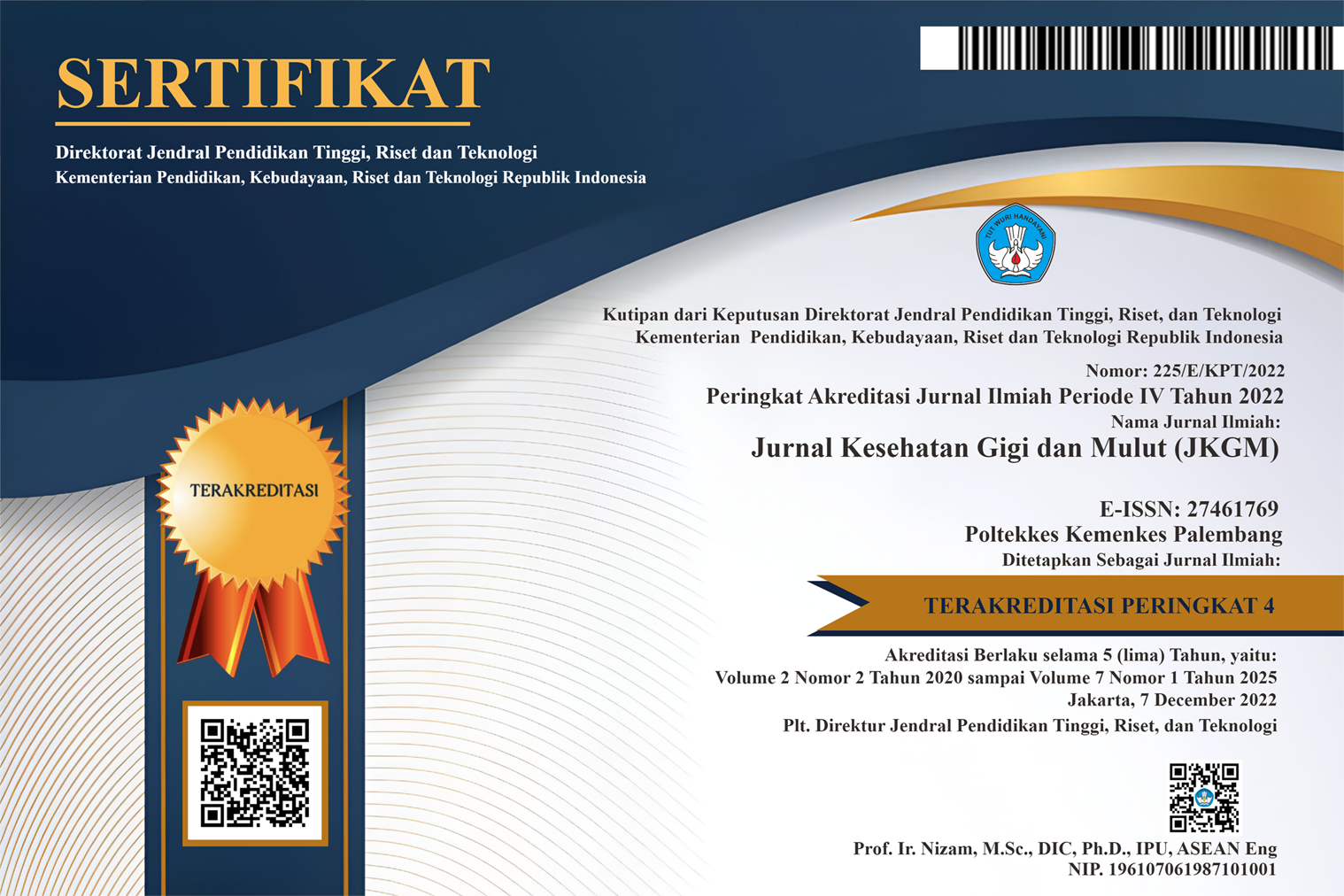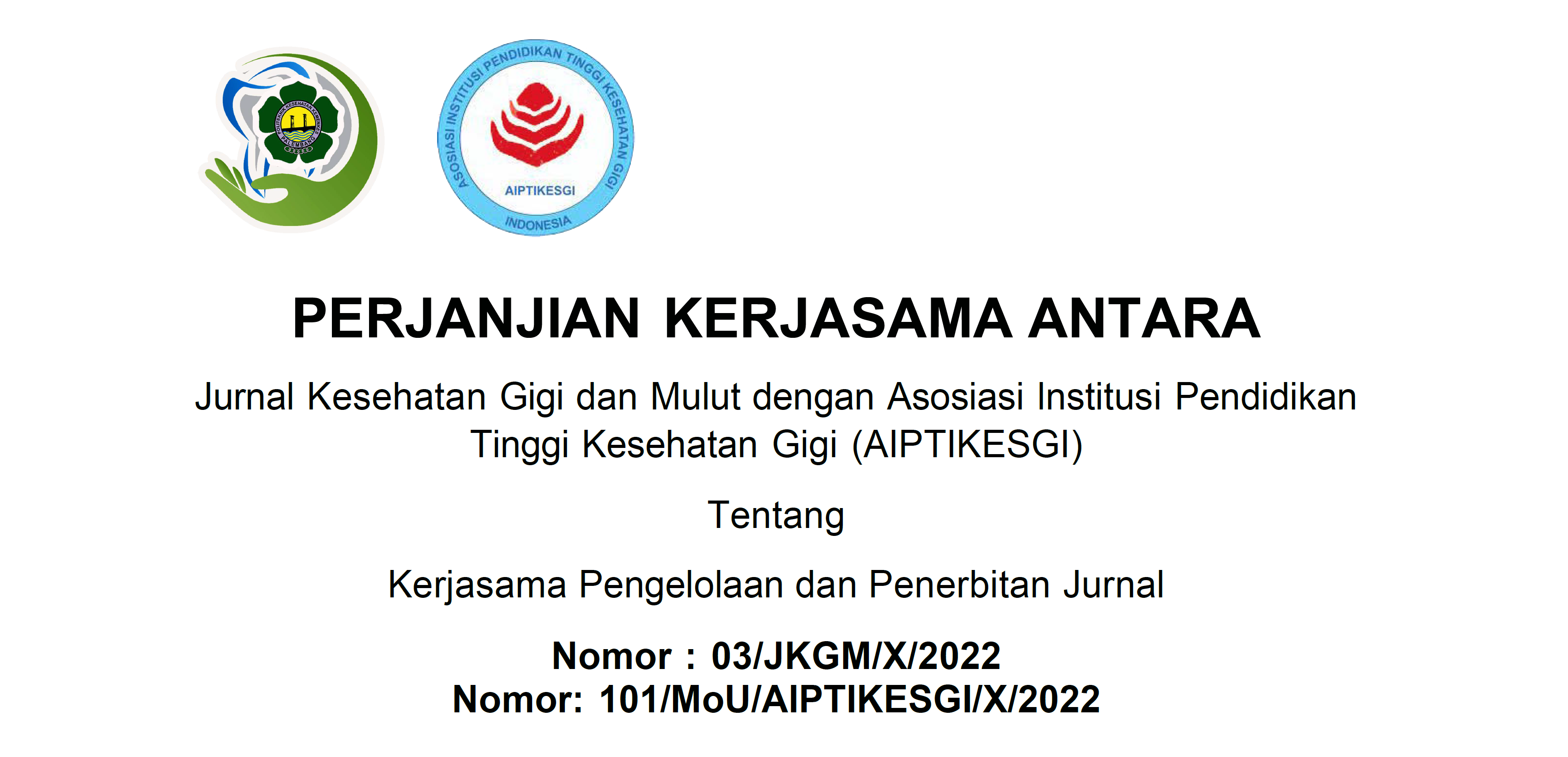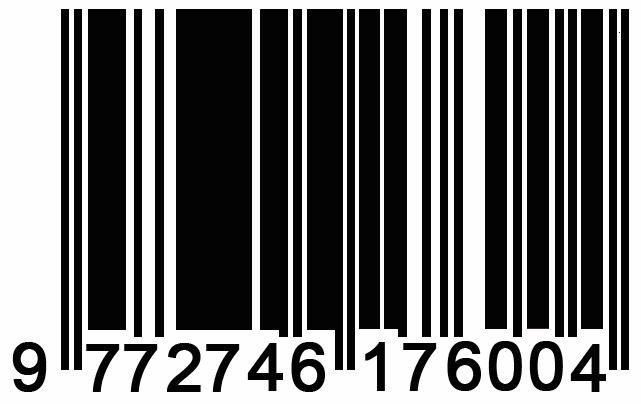PENGARUH MEDIA PUZZLE PADA PENGETAHUAN KESEHATAN GIGI DAN MULUT ANAK DOWN SYNDROME DI RUMAH KEDUAKU PIK POTADS KOTA BANDUNG
Abstract
Background: Down syndrome children have an IQ level below normal which makes it difficult to understand and accept material when given using standard methods. The material can be delivered using puzzle media tools. Puzzle is a game of arranging small pieces to find out the information contained. The aim of this research was to determine the effect of puzzle media on the dental and oral health knowledge of children with Down syndrome at PIK POTADS Bandung.
Methods: This research method uses a pre-experiment with a One Group Pretest Posttest design. The subjects were 33 Down syndrome children divided into 4 groups accompanied by an enumerator in each group. Pretets were carried out in the form of activities to assemble puzzles independently, then education was given about how to brush your teeth and eat healthy 3 times on 3 different days. Education is accompanied by the use of a jaw model to clarify tooth brushing movements. The post test is carried out in the same way as the pre test. Data analysis used the Wilcoxon test.
Results: The results show the Sig value. 0.000 (p0.05). Where puzzle media games can develop creativity and motivation in solving problems, so that children want to try continuously until the game is successful.
Conclusion: There is an influence of providing education using puzzles on the knowledge of oral and dental health of Down Syndrome children
Copyright (c) 2024 Jurnal Kesehatan Gigi dan Mulut (JKGM)

This work is licensed under a Creative Commons Attribution-ShareAlike 4.0 International License.
Authors who publish with this journal agree to the following terms:
- Authors retain copyright and grant the journal right of first publication with the work simultaneously licensed under a Creative Commons Attribution License that allows others to share the work with an acknowledgement of the work's authorship and initial publication in this journal.
- Authors are able to enter into separate, additional contractual arrangements for the non-exclusive distribution of the journal's published version of the work (e.g., post it to an institutional repository or publish it in a book), with an acknowledgement of its initial publication in this journal.
- Authors are permitted and encouraged to post their work online (e.g., in institutional repositories or on their website) prior to and during the submission process, as it can lead to productive exchanges, as well as earlier and greater citation of published work















